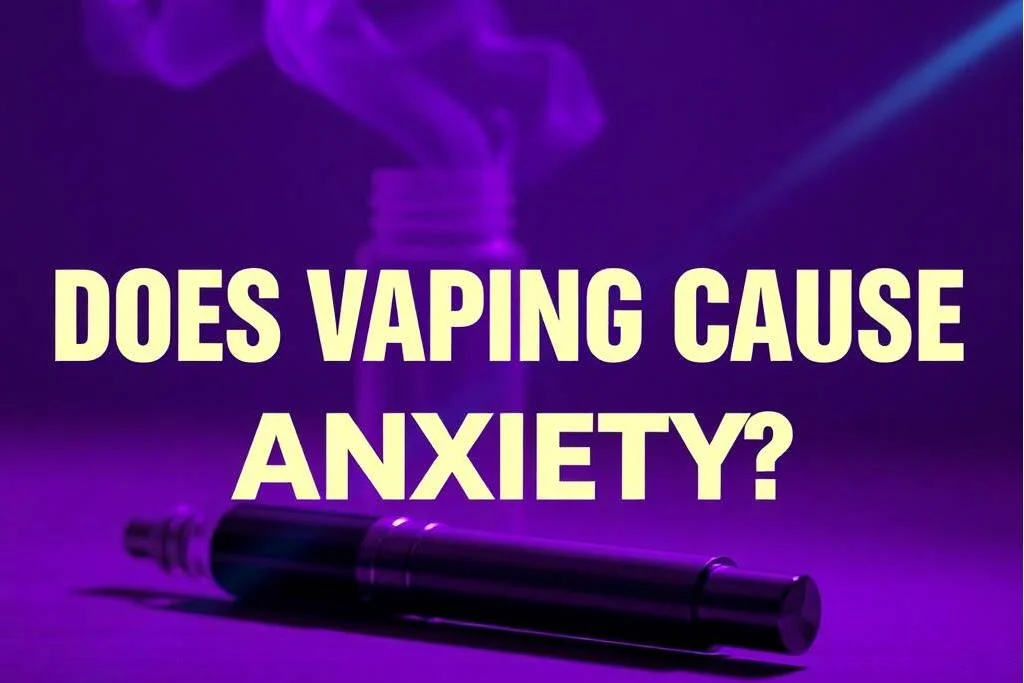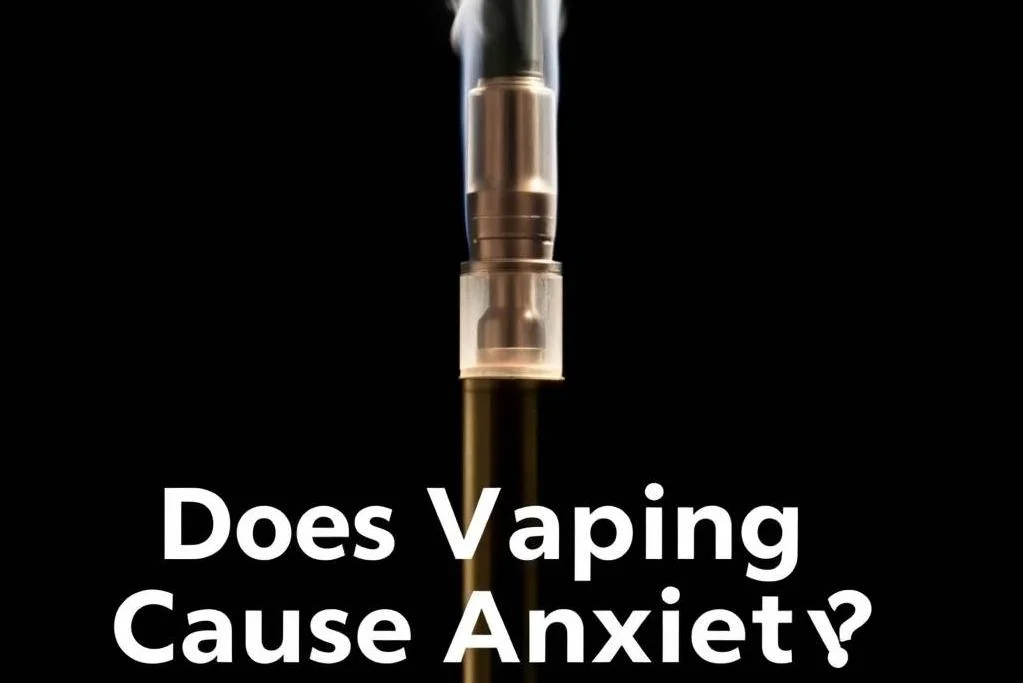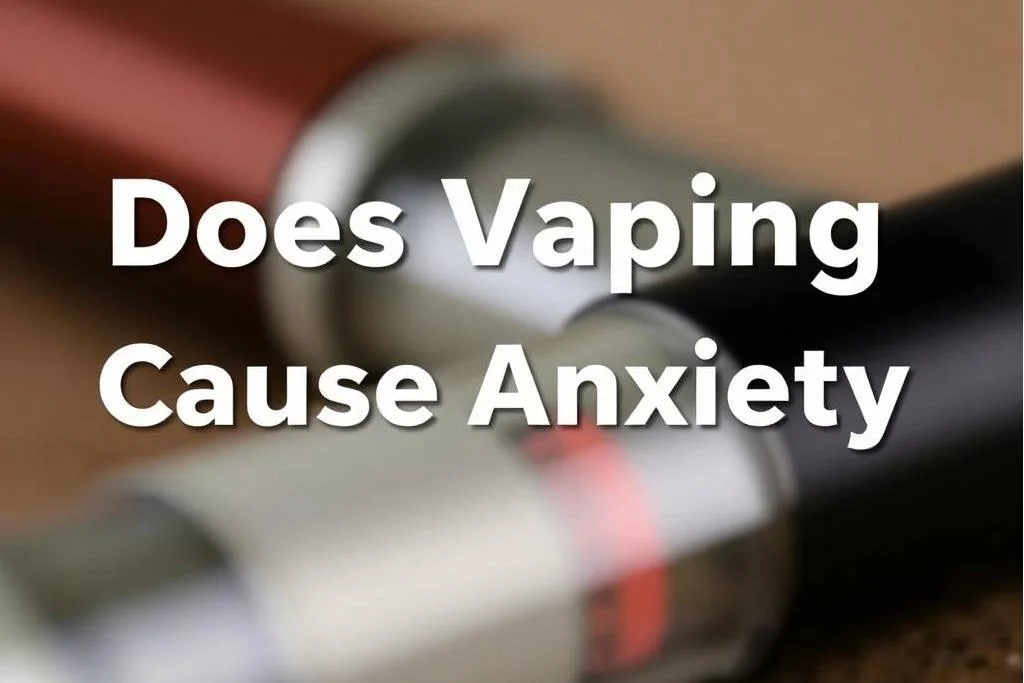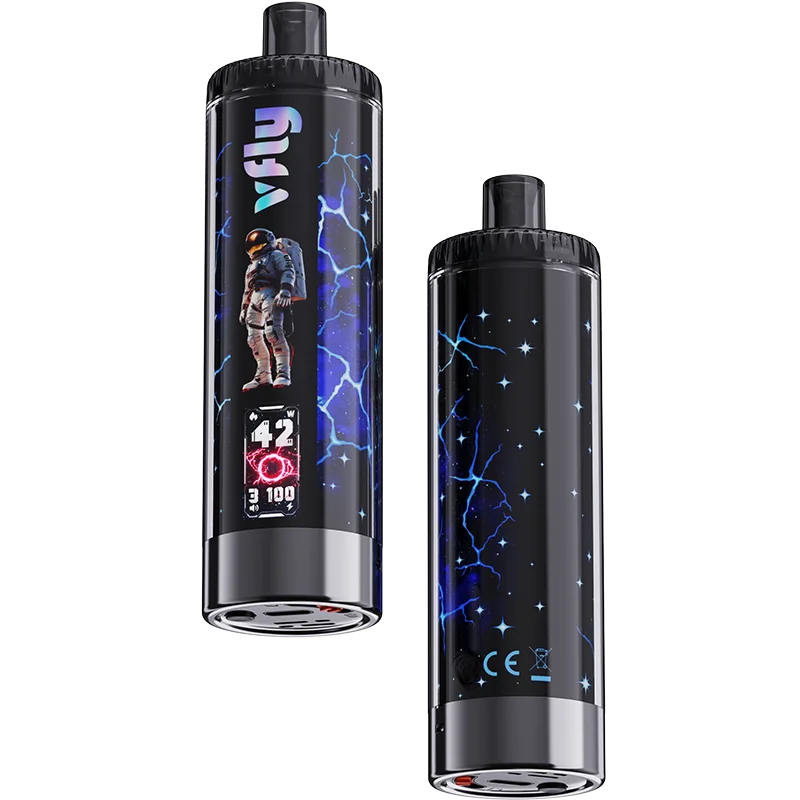Does Vaping Cause Anxiety?
As vaping continues to rise in popularity, especially among young adults and former smokers, many are beginning to question the potential mental health implications associated with e-cigarette use. One of the most frequently searched concerns is: Does vaping cause anxiety? This guide provides a detailed overview of what current evidence says, the role of nicotine, and what users should consider when it comes to anxiety and vaping.
Understanding the Link Between Vaping and Anxiety
The relationship between vaping and anxiety is complex and multifaceted. While some users report that vaping helps relieve stress or anxiety in the short term, emerging research and clinical observations suggest that vaping—particularly nicotine-based vaping—may actually contribute to or worsen anxiety symptoms over time.

The Role of Nicotine in Anxiety
Nicotine is a stimulant, and while it can produce a temporary calming effect by satisfying withdrawal cravings in dependent users, it also triggers the release of adrenaline and dopamine. This can lead to:
- Increased heart rate
- Elevated blood pressure
- Heightened alertness
These physiological changes can mimic or worsen symptoms of anxiety. Furthermore, when the effects of nicotine wear off, the resulting withdrawal can induce irritability, restlessness, and increased anxiety, creating a vicious cycle.
Can Vaping Cause Anxiety in Non-Smokers?
Yes, particularly in those who begin vaping without prior nicotine dependence. Non-smokers who start vaping often underestimate the impact of nicotine on their mental state. Because they haven't built a tolerance, even moderate levels of nicotine can result in jitteriness, mood swings, or anxiety-like symptoms.
Research Findings on Vaping and Anxiety
Several recent studies have explored this topic:
- A study published in the Journal of Adolescent Health found a strong association between frequent e-cigarette use and increased levels of anxiety and depression in teens and young adults.
- Research in the American Journal of Preventive Medicine observed that adults who vape are more likely to report anxiety symptoms compared to non-users.
- Nicotine withdrawal has been identified as a key driver of anxiety recurrence in regular users, further suggesting that vaping may not be an effective long-term solution for stress relief.

Does CBD or Nicotine-Free Vaping Affect Anxiety?
Not all vaping products contain nicotine. Some users opt for:
- CBD vape products, which are sometimes marketed for anxiety relief. While some anecdotal reports suggest benefits, clinical evidence remains limited and inconsistent.
- Nicotine-free e-liquids, which may reduce the risk of anxiety-related symptoms but still carry unknown health implications.
It's important to remember that inhaling any foreign substance into the lungs carries risks and should be approached with caution, particularly for those with existing mental health conditions.
Short-Term Relief vs Long-Term Impact
Many users vape as a way to cope with stress or anxiety. However, while vaping might provide short-term emotional relief—similar to the effect of a cigarette break—the long-term consequences may include:
- Worsening anxiety due to nicotine dependence
- Sleep disturbances, which can intensify anxiety
- Mood instability caused by fluctuating nicotine levels
Who’s Most at Risk?
Certain individuals may be more susceptible to anxiety triggered or worsened by vaping, including:
- Adolescents and young adults
- Individuals with pre-existing anxiety disorders
- People using high-nicotine disposable vapes frequently
- Users mixing vaping with other stimulants like caffeine or cannabis

Tips for Managing Anxiety Without Vaping
If you're experiencing anxiety and currently use e-cigarettes, consider the following alternatives:
- Cognitive Behavioral Therapy (CBT) – Proven effective for anxiety management
- Mindfulness and meditation – Reduces stress and helps control anxious thoughts
- Physical activity – Regular exercise naturally reduces anxiety
- Nicotine cessation aids – Gum, patches, or prescription medication can help ease withdrawal symptoms
Conclusion
While vaping may offer momentary relief for some, especially those transitioning from traditional cigarettes, the evidence points toward a higher risk of anxiety in frequent users, particularly due to nicotine. Understanding the mental health implications of vaping is crucial—not just for current users but for anyone considering it as a way to manage stress or anxiety.
FAQs
1. Does vaping make anxiety worse over time?
Yes, frequent vaping—especially with nicotine—can worsen anxiety over time. While users may initially feel relaxed after vaping, this is often due to the temporary relief from nicotine withdrawal. As dependence builds, users may experience increased irritability, restlessness, and heightened anxiety when nicotine levels drop, creating a cycle that exacerbates mental health symptoms.
2. Can quitting vaping help reduce anxiety symptoms?
For many individuals, quitting vaping leads to reduced anxiety in the long term. Although withdrawal can cause short-term mood disturbances, most users report improved emotional stability, reduced stress, and better sleep within weeks of quitting. Support from healthcare providers and structured cessation plans can ease the transition.
3. Is vaping better than smoking for anxiety?
Vaping is often marketed as a less harmful alternative to smoking, but it's not necessarily better for anxiety. Both introduce nicotine—a stimulant known to impact mental health. While vaping may expose users to fewer toxins than cigarettes, it can still contribute to anxiety through nicotine dependence and withdrawal.
4. Can vaping CBD help with anxiety?
Some users report that vaping CBD helps them manage anxiety, but scientific evidence is still limited and mixed. Unlike nicotine, CBD is non-addictive and may have calming effects for some individuals. However, the long-term safety and effectiveness of inhaled CBD remain under-researched, and product quality varies widely.
5. Why do some people feel anxious after vaping?
Anxiety after vaping is often caused by nicotine's stimulant effects, such as increased heart rate, elevated blood pressure, and adrenaline release. For individuals sensitive to stimulants—or new users without tolerance—these effects can mimic or trigger anxiety attacks. High-nicotine disposable vapes may increase this risk even further.



